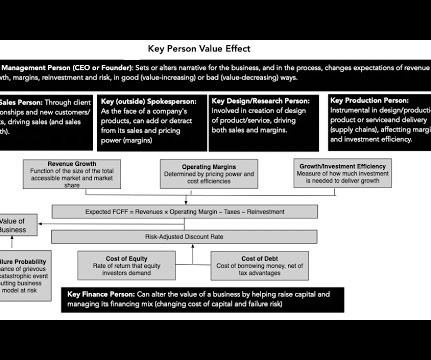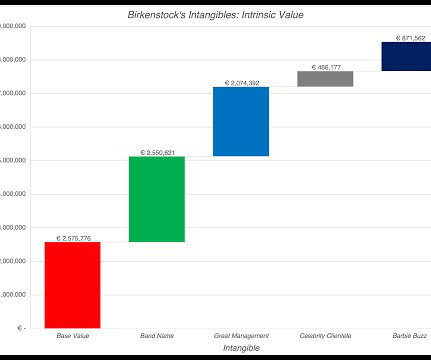Managing Your Company’s Inventory
CFO Simplified
MAY 14, 2024
It doesn’t matter if you’re a manufacturer, a restaurant, or a law firm. Think of manufacturing companies, retailers, any company that is making or selling “hard goods.” Think of restaurants, grocery stores, pharmaceutical companies. KPIs: • Shrinkage Rate: Measures the loss of inventory due to spoilage, theft, or damage.















Let's personalize your content